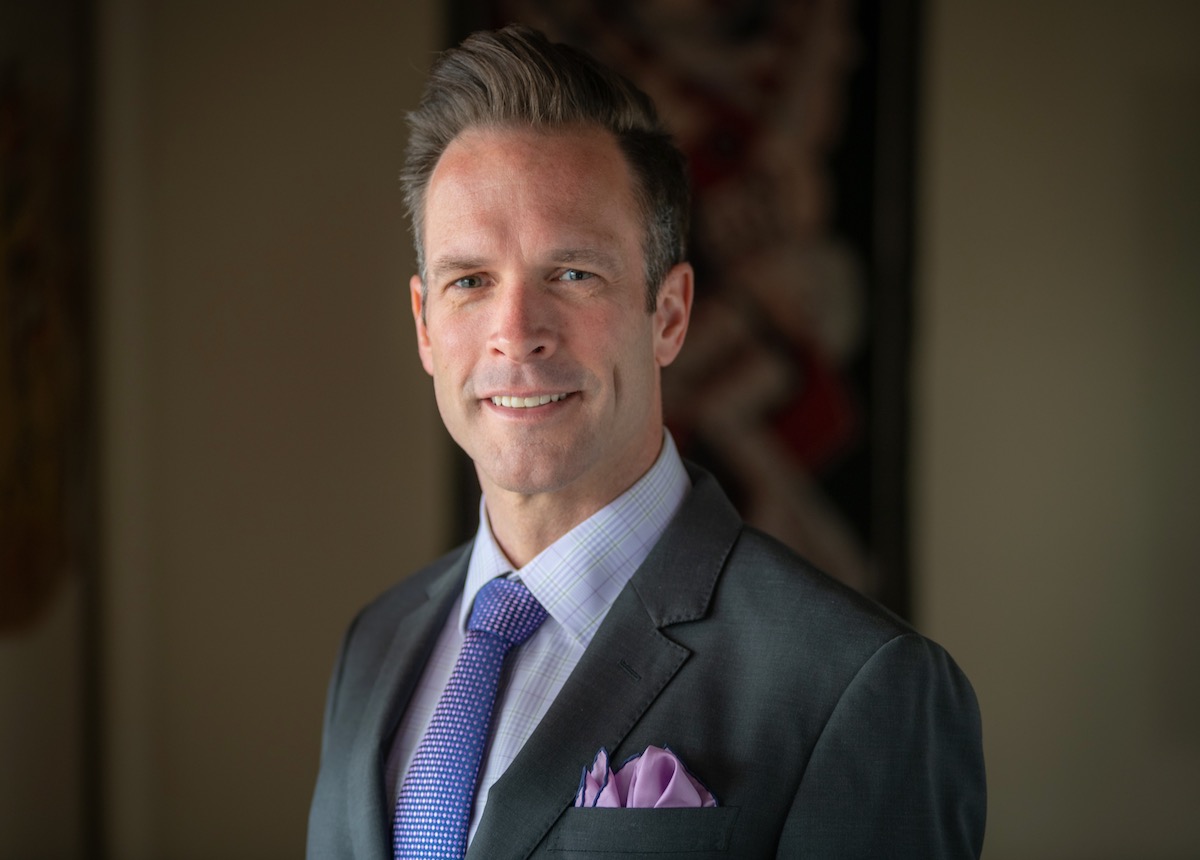
Connecting climate action and global development for a just, sustainable future
Leadership
The research, policy, and projects needed to address global challenges exceed the capacities of any individual. My leadership experience is marked by efforts to build institutions that produce effective problem-solvers and solutions.
Research
I am deeply interested in the challenges and opportunities that emerge at the intersection of global environmental and economic change. I use research into agrarian livelihoods as a means to better understand how development and adaptation programs might produce durable improvements in the human condition.
Policy and Implementation
Even the best research will be limited in its impact without engagement. I have held policy and program management positions at USAID, served as a consultant to the World Bank, and am currently a member of the Scientific and Technical Advisory Panel to the Global Environment Facility. I have also served as a lead author and review editor for several global environmental assessments.
Leadership
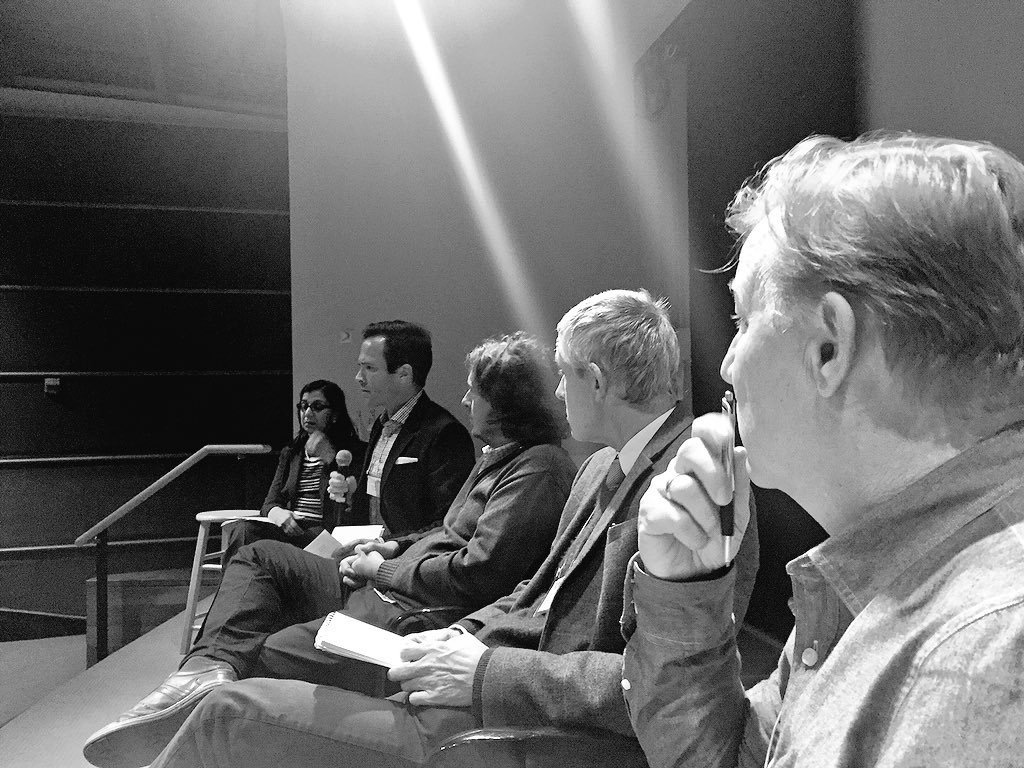
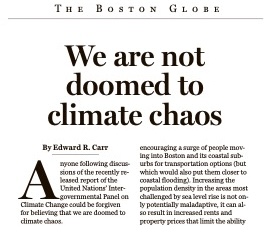
Institutional leadership roles are a critical means of effecting change and achieving positive impact in the world. There are limits to what any individual can do in the face of today's challenges. Lone geniuses will not save the world. Real solutions emerge from building deep teams with diverse skills and experiences and getting them to work together effectively. I am currently the Director of the Stockholm Environment Institute’s US Center. In this role, I facilitate the outstanding work of our research programs, build connections between those programs, and seek out cross-center and program-specific funding opportunities that might further the sorts of transformative change needed to address the world facing polycrisis. Before joining SEI, I was the Director (Dean) of International Development, Community, and Environment at Clark University. There I led the design and implementation of a distinctive curriculum aimed at creating leaders in the environment and development space, returned graduate enrollment to historically high levels after a period of decline, had a perfect 10-for-10 record on successful tenure and/or promotion cases, and fostered the growth of the unit’s funded research portfolio. Most importantly, in my time as director roughly 700 students completed graduate degrees and went out into the world, making positive change across geographies and sectors. I founded the Humanitarian Response and Development Lab (HURDL) in 2013 while at the University of South Carolina, and brought it with me to Clark in 2015. Under my leadership, the lab developed a uniquely effective, exciting, and fun community of research scientists, graduate students, and undergraduates as we partnered with development donors and implementers to bring social science to the climate challenge.
I am currently developing a new research program within SEI-US with two broad foci. The first is an effort to improve adaptation project design and impact through the development of tools and frameworks that help designers and funders better understand the benefits delivered by adaptation actions. The second is a focus on identifying and addressing the systemic risks posed by stressed or collapsing small producer systems. Both of these foci emerge from more than twenty-five years of empirical study dedicated to better understanding how agrarian communities in sub-Saharan Africa make their way in an era of global change. Broadly speaking, this work provides insights into the ways development and adaptation interventions result in changes to human well-being (positive and negative), how livelihoods work to order agrarian and other worlds, and how resilience presents both barriers to and opportunities for the transformative changes needed to manage our changing world. Whether developing and refining new approaches to the study of agrarian livelihoods, or shaping the conversation about climate services for development, I've continuously identified opportunities to push the frontiers of knowledge. My publications are available here.
Much of my research was conducted with the staff and students of the Humanitarian Response and Development Lab (HURDL). HURDL was a novel entity that combined attributes of a research lab and a consulting firm. I also managed small projects through my former consulting firm, Society Environment Economy Group, LLC. I have led over $2.5 million in development and adaptation implementation projects (contributing to projects with approximately $120 million in total funding) ranging from the development of better gender assessment tools to the delivery of useful weather and climate information to farmers in sub-Saharan Africa. Through this work I have honed my targeting and communication of research findings, and my research has shaped how tens of millions of development and adaptation dollars have been spent.
Research
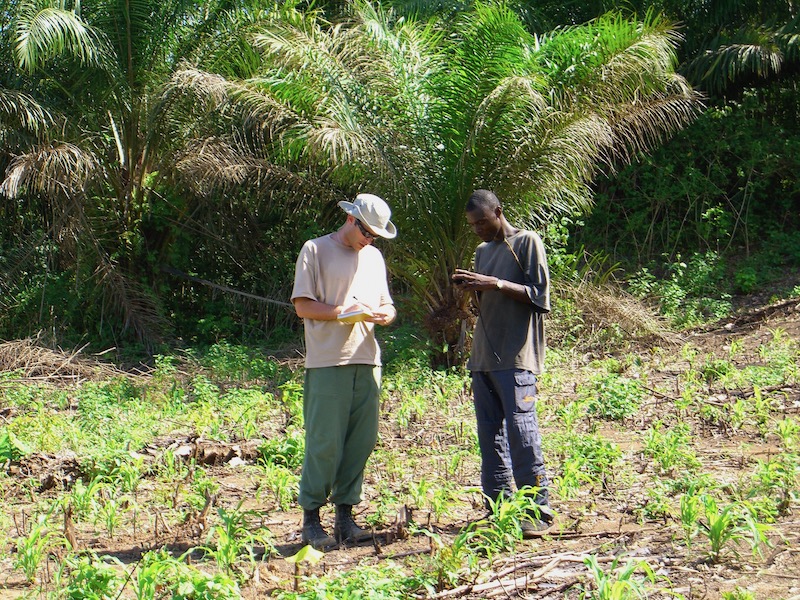
Policy and Implementation
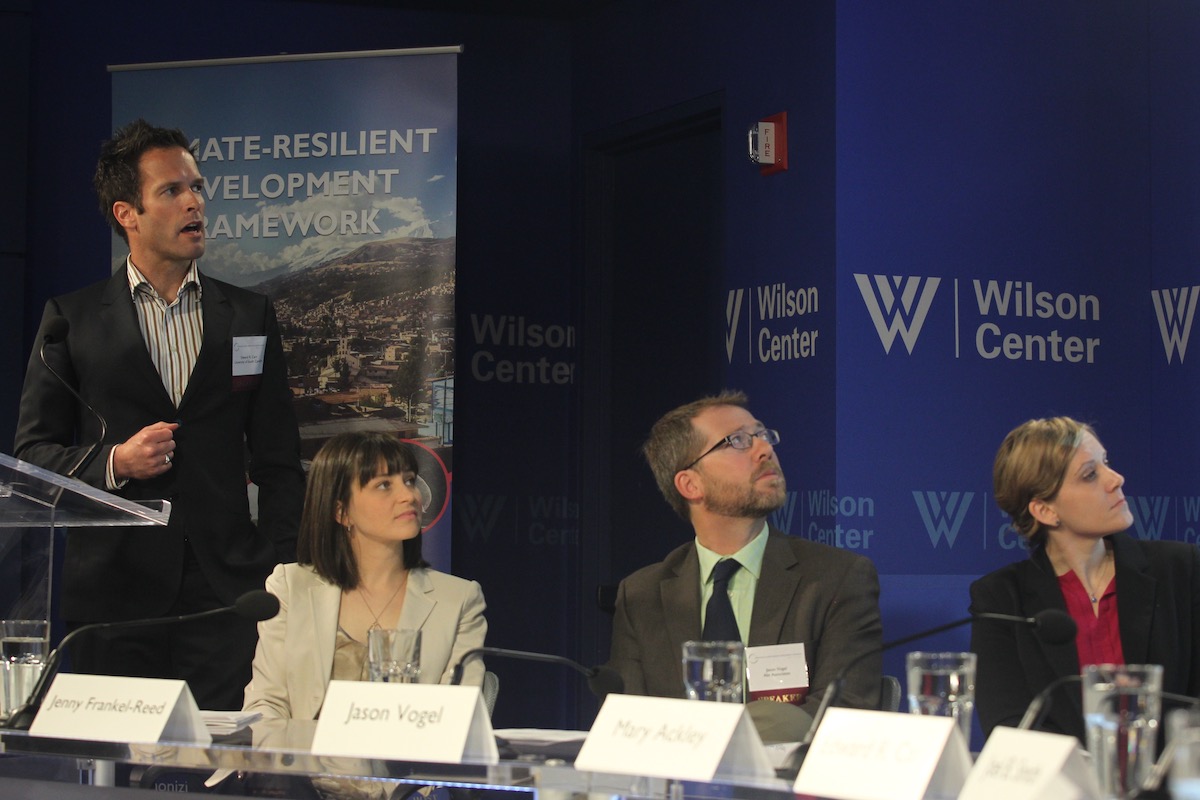
My research and teaching are intimately connected to my experience in policy and implementation. The translation of research findings into worldly impact requires intimate familiarity with that which you are trying to change, whether it be conditions on the ground, the structures and systems designed to address global challenges, or the processes producing those challenges. My career path reflects a committment to this sort of engagement. I have served as a policy advisor with and scientific advisor to development donors and multilateral organizations, including time at USAID as the first climate change coordinator for the Bureau for Democracy, Conflict and Humanitarian Assistance (DCHA), as a climate change science advisor on the Climate Change Team in the Bureau for Economic Growth, Education and the Environment (E3), and the Climate Change Adaptation Panel Member on the Scientific and Technical Advisory Panel to the Global Environment Facility. I have been a lead author and review editor for several large global environmental assessments, including the Millennium Ecosystem Assessment, UNEP’s Fourth Global Environment Outlook, and Working Group II of the IPCC, I am currently a coordinating lead author of the IPBES Transformative Change Assessment. I continue to work on issues of policy with the US Government, including serving as a member of the National Academies Climate Security Roundtable and as a coordinating author of the BIFAD reports Systemic Solutions for Climate Change Adaptation and Mitigation in Agriculture, Nutrition, and Food Systems and Operationalizing USAID’s Climate Strategy to Achieve Transformative Adaptation and Mitigation in Agricultural and Food Systems.